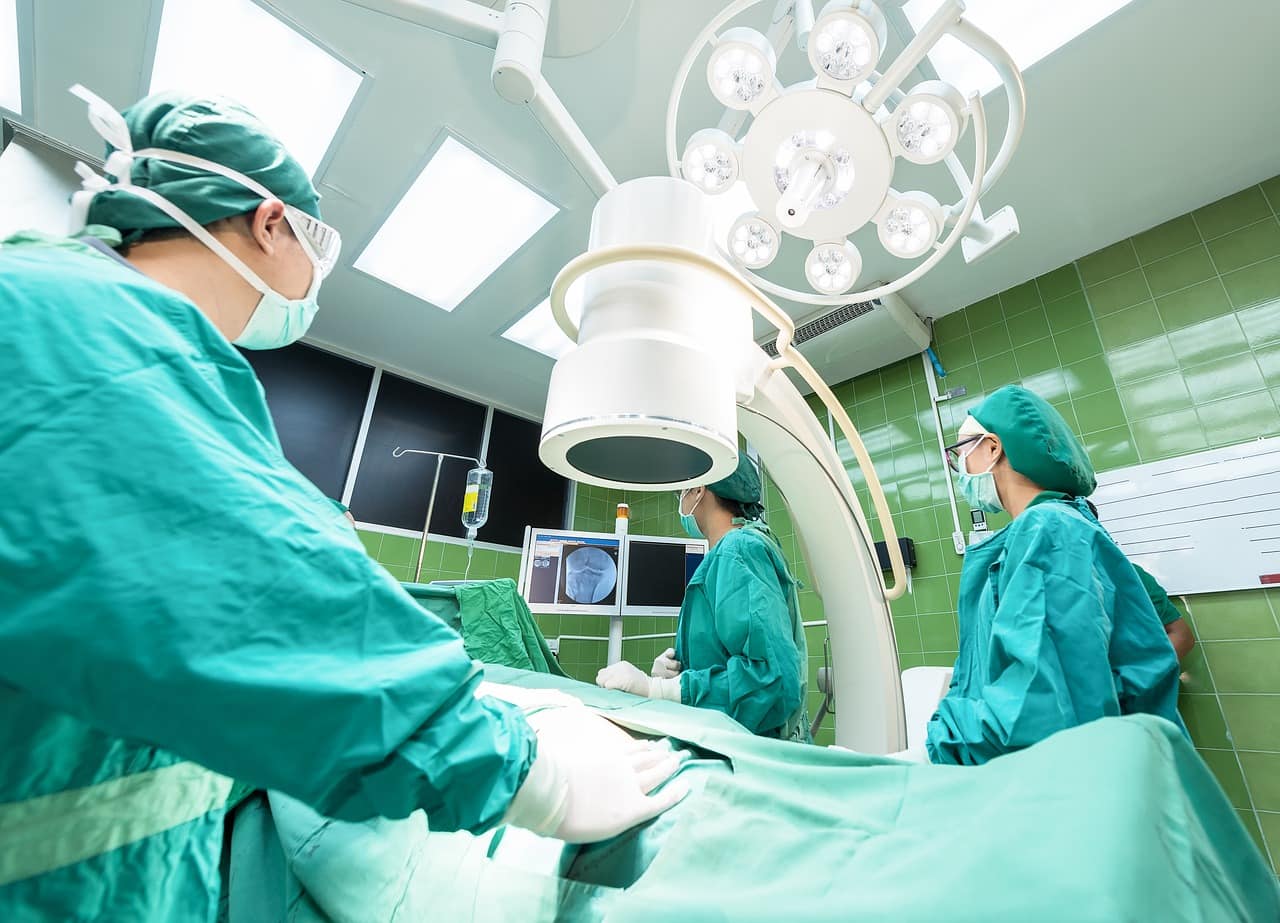
New technologies and recent innovations within the field of surgical medicine have provided healthcare providers with the resources to address a wider range of medical issues and conditions. While the bright light and cold steel of more traditional surgical methods are often more than sufficient for dealing with a variety of procedures, robotic assistants, laser scalpels and other sophisticated devices are rapidly expanding the range of possibilities that may be found within the operating room. The following five little-known technologies may be playing a more important role in the surgical process than many patients might realize.
Automated Equipment and Robotic Assistants
Utilizing a machine that is able to perform specific actions with greater speed, precision, and accuracy than would be possible with human hands offers considerable benefit. Widespread use of automation has the potential to significantly reduce errors and oversights that may occur during a medical procedure. From automated machines that are able to perform the smallest and most precise surgical procedure to robotic assistants that may be used to replace nurses and other healthcare providers within the OR, automated surgical procedures are something we can expect to see a whole lot more of in the days to come.
UV Sterilization
The bacteria, viruses and other potentially harmful microorganisms that may be found within a hospital setting pose a serious health and safety risk, especially for patients undergoing surgical procedures. Quicker and more efficient ways to sterilize an operating theater or recovery room can make quite a difference. UV sterilization methods that use specific wavelengths of light in order to sanitize surfaces and areas may prove to be a valuable tool. More effective sanitation efforts may drastically decrease rates of post-surgical infection.
Laser and Electrosurgical Scalpels
Sanitation is not the only way that light may be utilized during a surgery. Using medical lasers or electrosurgical scalpels to manipulate tissue can allow surgeons to make more precise incisions while minimizing the harm done to the surrounding tissues and organs. Next-generation scalpels are allowing for more delicate procedures to be performed than would be possible when using conventional tools. From less-invasive procedures to higher success rates when performing delicate operations, access to the right tools is never a concern that should be taken lightly.
Surgical Smoke Evacuators
Lasers, electrosurgical methods, and even internal cauterization devices may often create smoke which can become a problem. A smoke evacuation machine is often needed in order to ensure that use of heat-producing surgical tools is less likely to create problems. From ensuring clear visibility to keeping soot from coating delicate instruments and even organic surfaces, devices that make it easier to deal with smoke can often be an essential resource.
Augmented Reality (AR) Applications
Being able to visualize the position and relationship of surgical instruments and patient anatomy with greater ease and accuracy can be of tremendous benefit. AR applications can provide surgeons and other medical professionals with the means to keep essential information well-organized and within their field of vision while also making it much easier to visualize different aspects of a procedure.
Future Technologies and Emerging Medical Trends
While there are numerous current advancements and breakthrough innovations within the field of surgical technology, future developments may have an even greater impact on the ways in which patients may be cared for. Growing new replacement organs from stem cells, more advanced robotic prosthetics and the use of virtual reality applications to allow off-site professionals to contribute their skills to a surgical procedure may all have a tremendous impact on patient care. There are many technologies that are currently in their infancy that have the potential to revolutionize the world of medicine.

